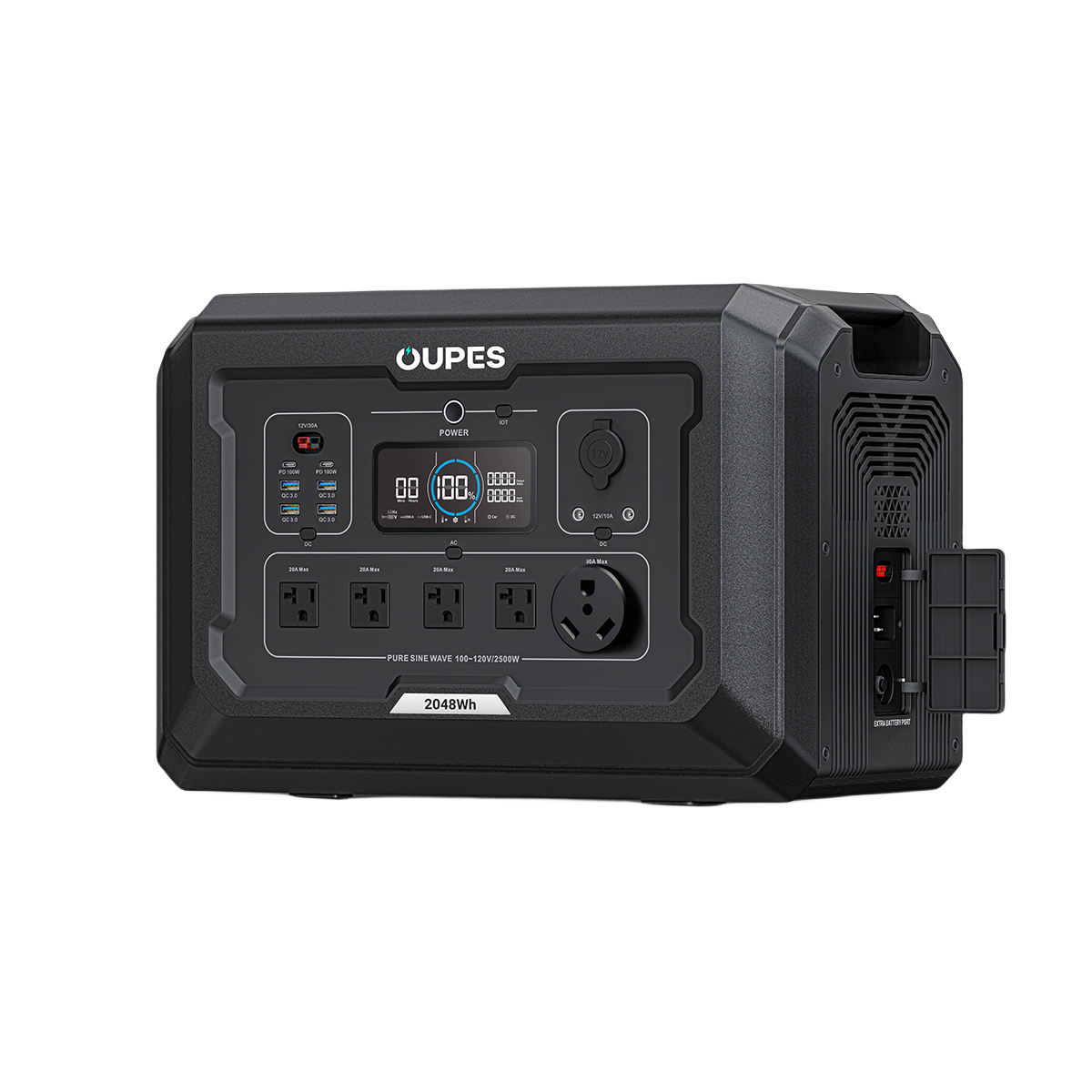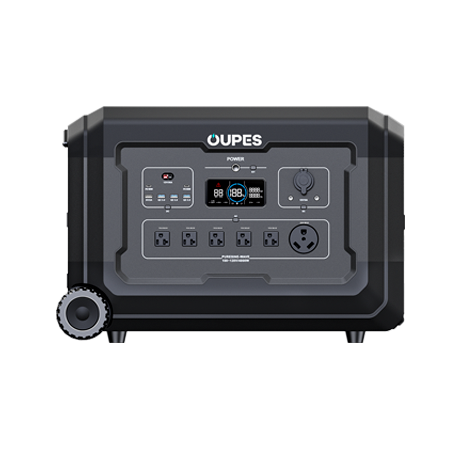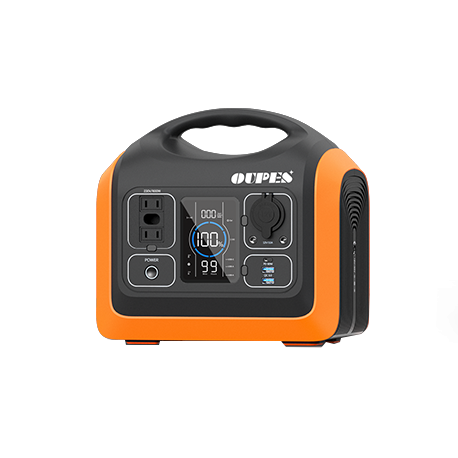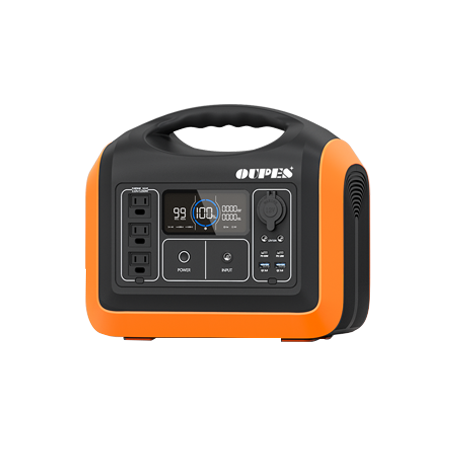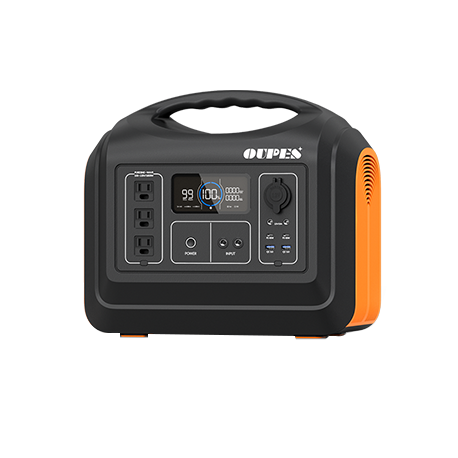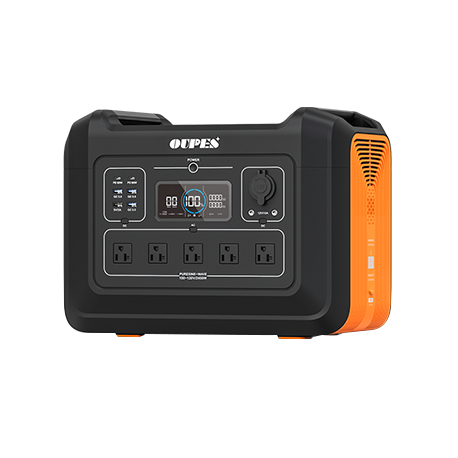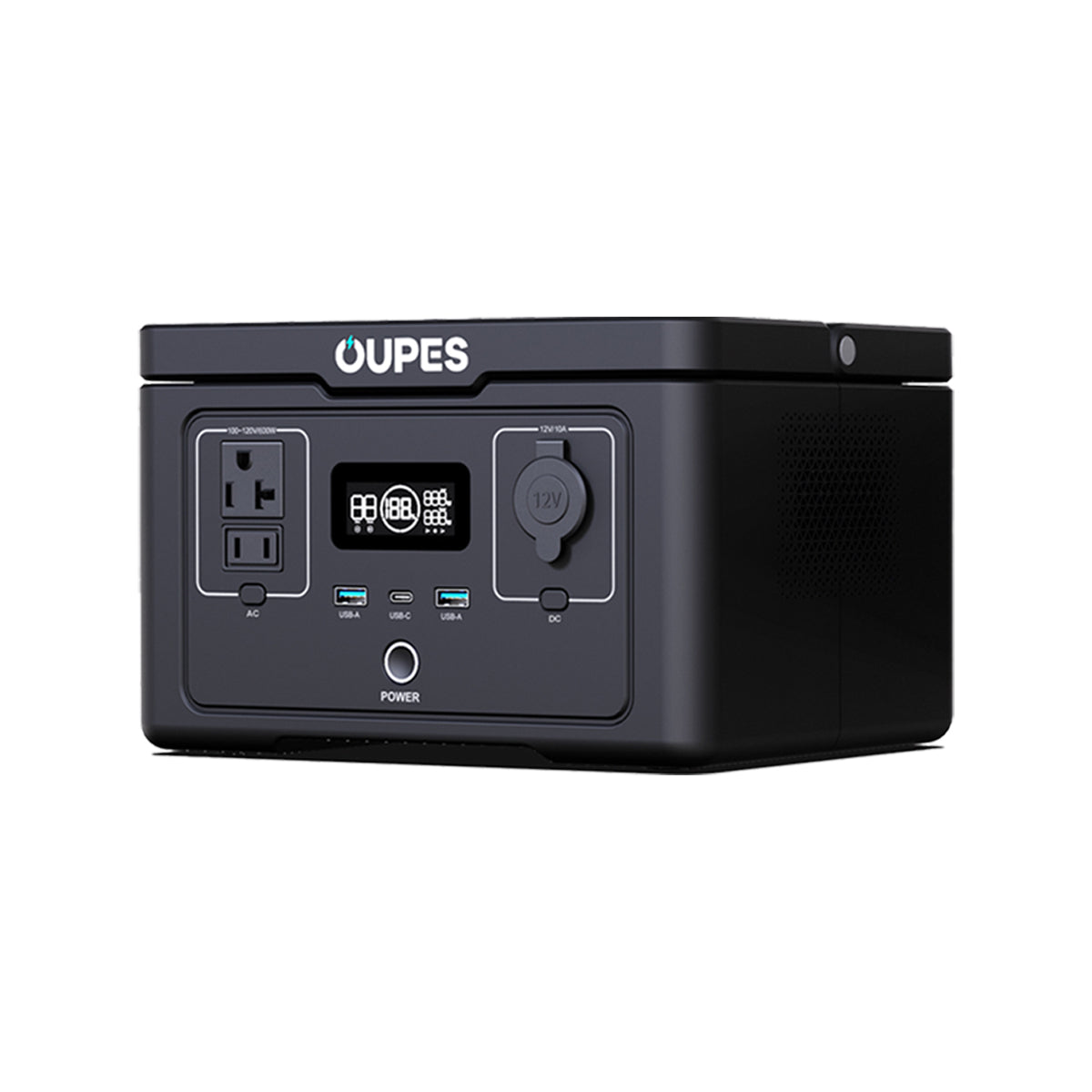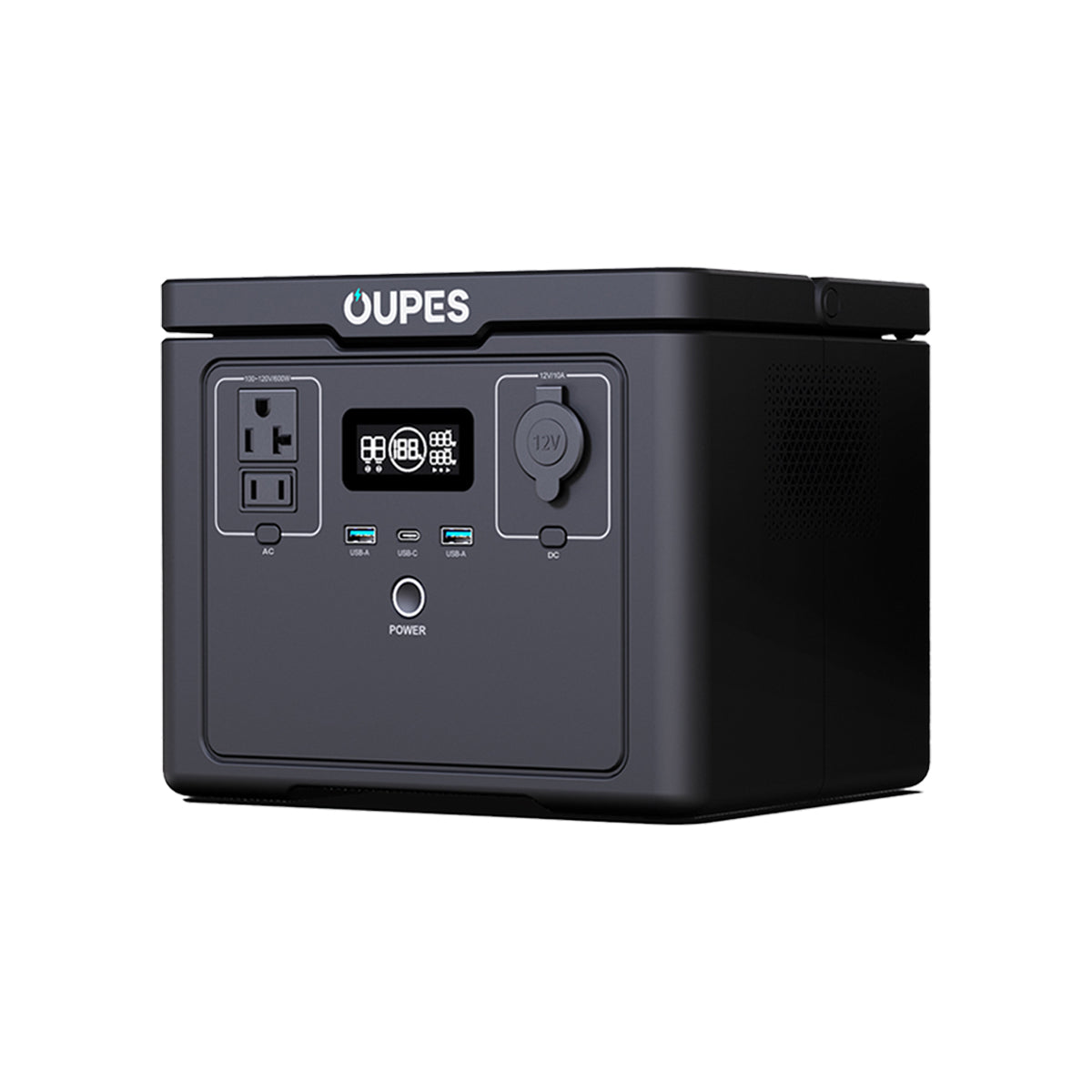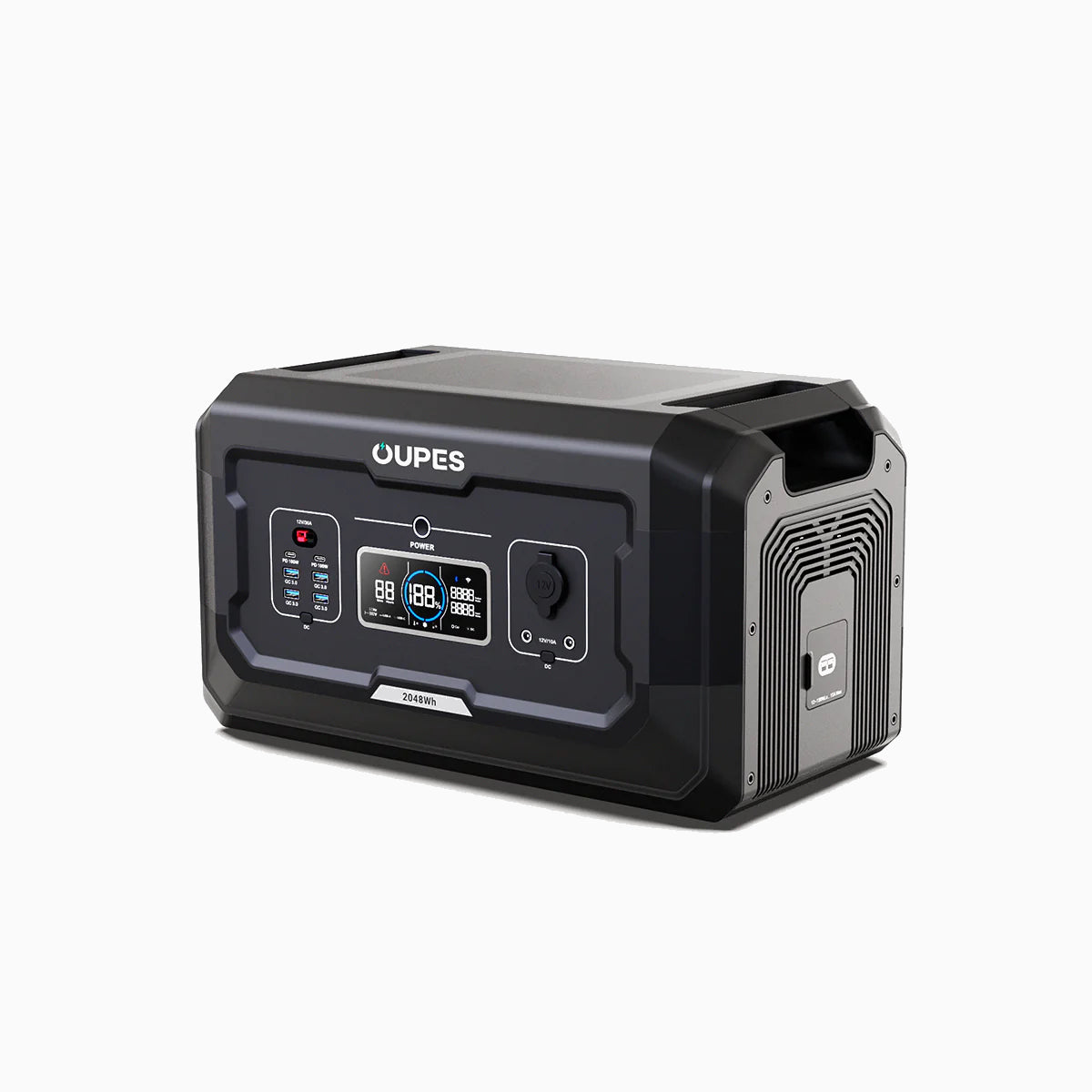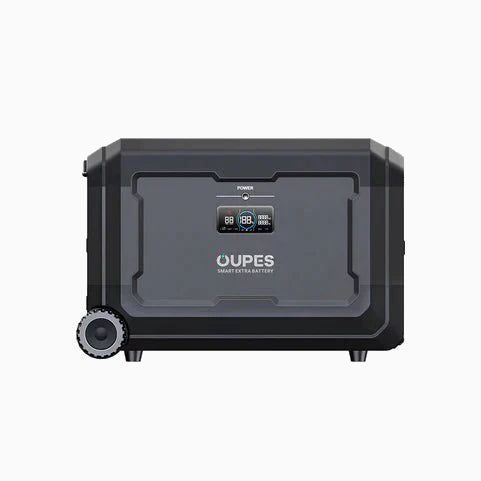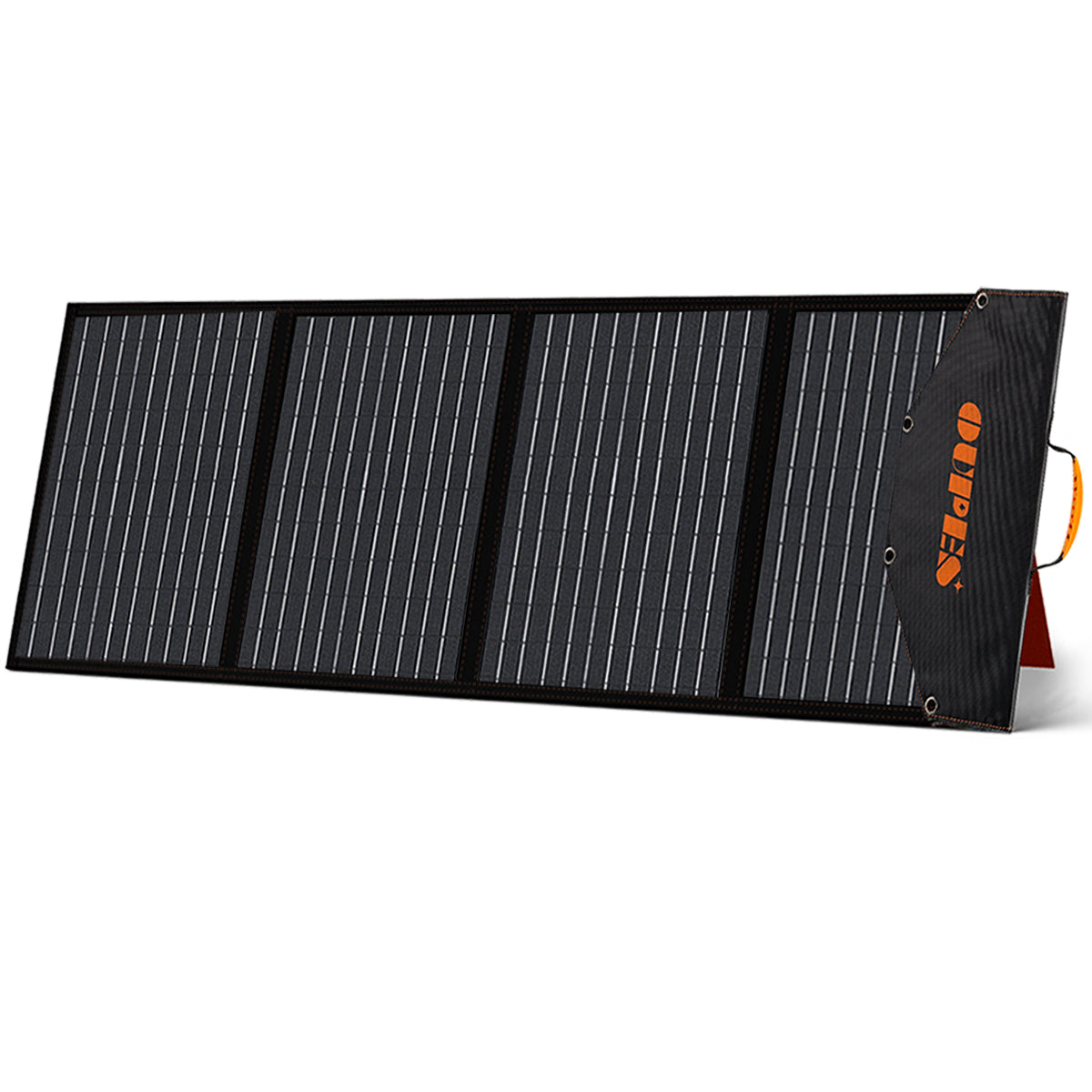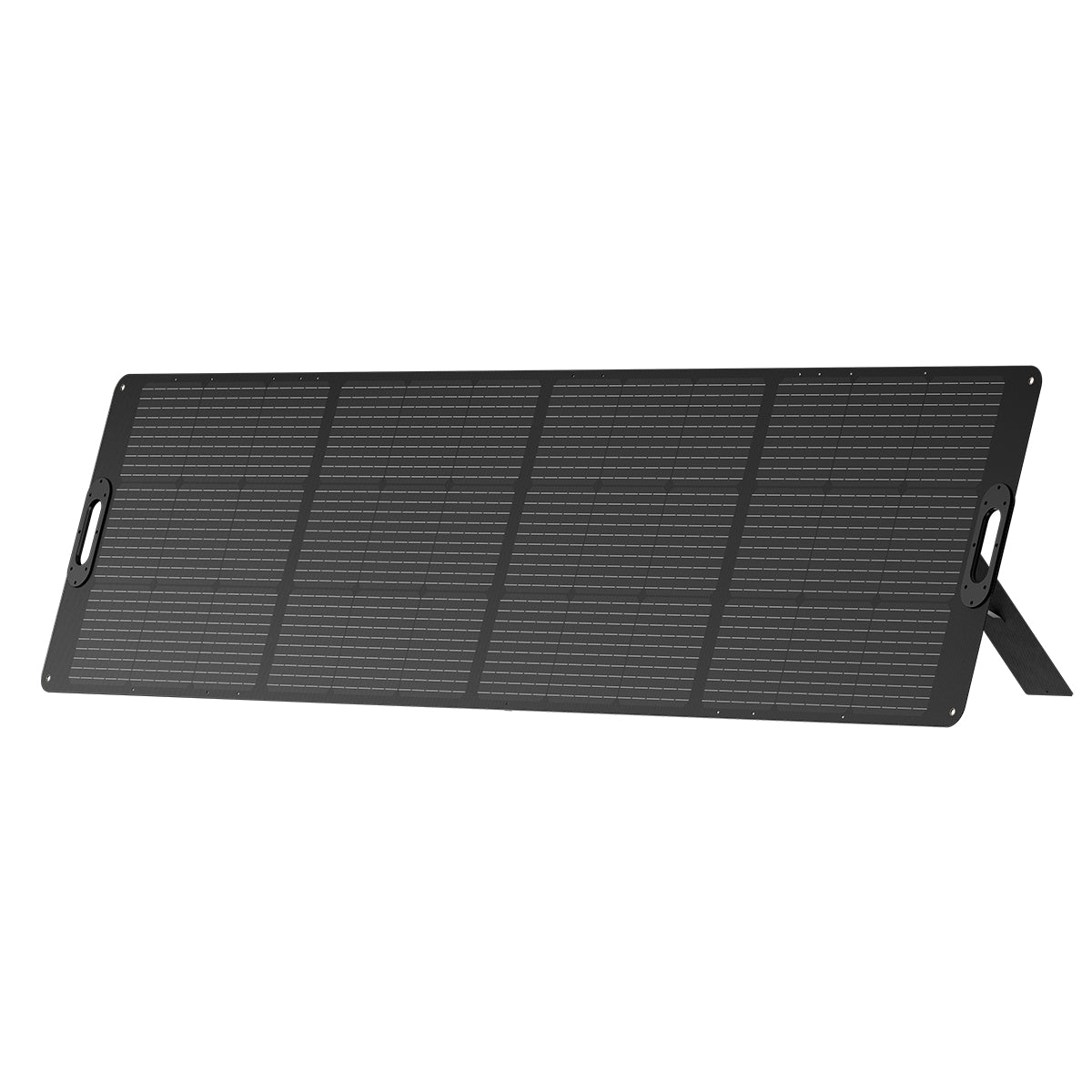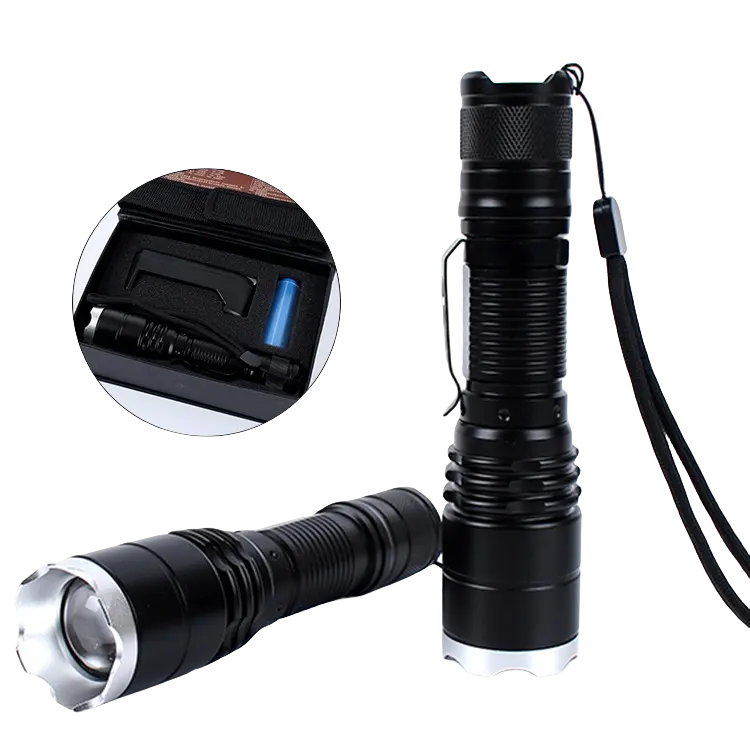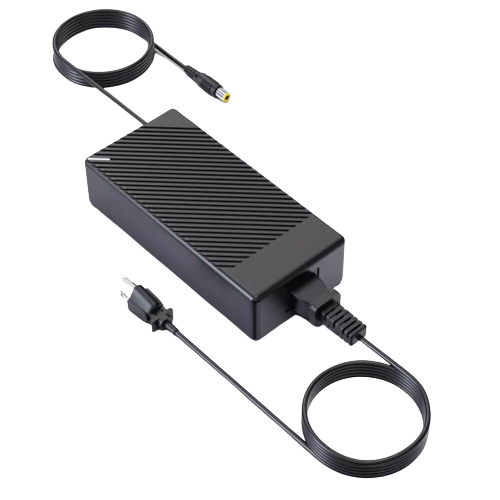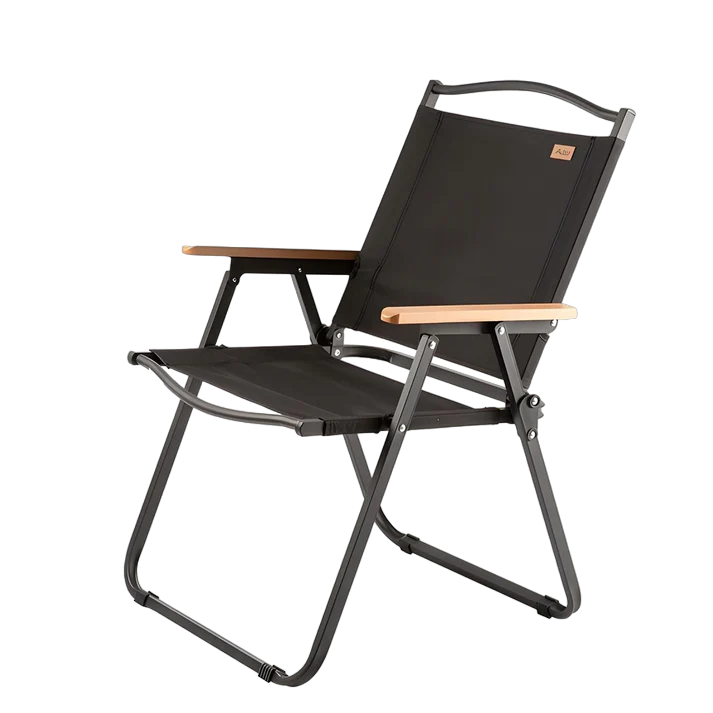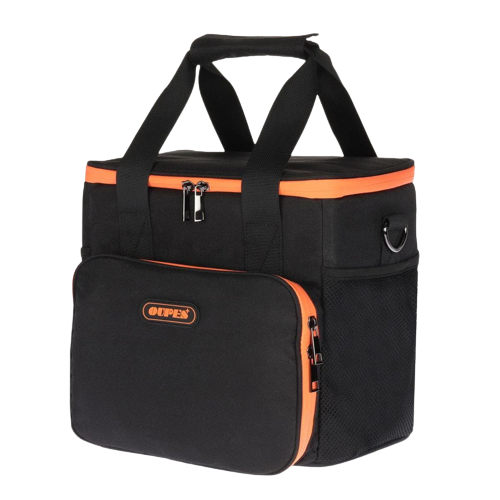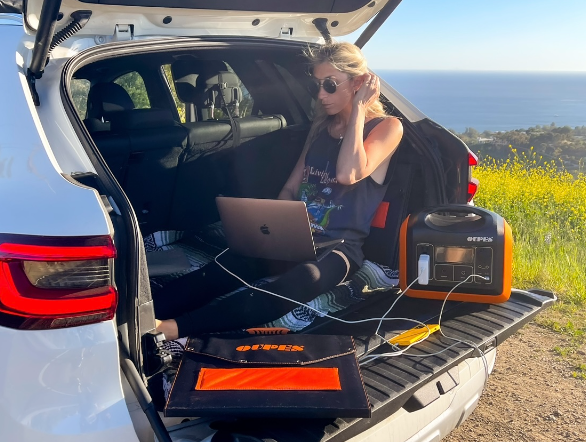What Is an AC Adapter and Do You Need One?
Buffalo, New York, was the first U.S. city to receive commercial AC power in 1886, thanks to a system designed by George Westinghouse and two colleagues. Today, alternating current is the main means by which power companies deliver electricity to homes and businesses across the country.
If you have a solar generator, one key piece of technology that you'll need is an AC adapter. So what exactly does a power adapter do? Read on to learn why this important adapter is required to power electrical devices.
What Is an AC Adapter?
AC adapters convert an external power supply into usable energy for your solar generator. The devices that come in all sizes convert alternating current from a wall outlet to DC current that is used by electronic devices.
These adapters are often coupled with a power outlet plug. In this combination, the adapters are often referred to as chargers. Before you choose an AC adapter for your solar power generator, you should understand some of the basics of why most portable electronics use these forms of power adapters.
Manufacturers install the power components of electrical devices in AC adapters to save room. External power adapters allow products like solar power generators to be smaller and easier to carry.
External AC adapters also help reduce the heat that is caused by electrical devices. Safety and electrical noise are also improved through our 200W AC adapter.
An external power supply supports a wide range of voltage ranges. Another help of an external AC adapter is that it can be easily replaced. The user does not have to throw away or repair the solar power generator if the adapter stops working. Voltage spikes and other common problems can damage AC adapters, which are easy to replace if needed.

How to Select the Right AC Adapter for Your Device with Matching Specs
Finding the right AC adapter requires matching electrical ratings. The mobile AC adapter (power adapter) should match the input voltage to the adapter's output current and voltage.
Check your device's user manual or product label to note its rated current and voltage. Most AC power adapters have an output voltage rating of below 20 volts. Input AC voltages are commonly over 100.
You may be wondering if you need an AC adapter at all. Plugging a device that uses direct current into a power source with alternating current may cause the electrical device to malfunction. This could seriously damage the device and possibly render it inoperable.
The power entering your electrical device should be close to the current rating the device was manufactured to work with. Too much power can lead to a situation known as overvoltage. Other potential problems caused by mismatched AC adapters include overheating and potential damage to internal circuits.
Even when you use an AC adapter, there can still be problems if the current rating doesn't match the electrical device ratings. Try to avoid using an adapter that uses a lower current than the device needs. This may cause the device to try to draw more current, which can lead to overheating.
This may lead to the device struggling to stay on. Or the battery may not charge.
Another factor to consider is polarity. The AC adapter's connector should match the input on the device. The two types of connector polarities are center negative and center positive. Most AC adapters use center-positive connectors, but it never hurts to double-check with the AC adapter manual or the company that made the adapter.
Any center-positive connector has a tip that has a polarity that is positive. The barrel (or ring) will then have a negative polarity. The rarer center-negative connector has the complete opposite arrangement.
The adapter manufacturer may show polarity by putting either a positive or negative sign in front of the voltage rating. Or they may show polarity through diagrams. Remember that these diagrams will likely feature a circle on both sides. Center-positive adapters will show polarity as a line that extends from a positive circle outward to an open-ended circle.
The power adapter will come with a connector that should fit snuggly into the power port of your electrical device. When the connector is too wide, the connector may slide out. Being too narrow can also cause connectivity problems.
In conclusion, be sure to match the AC adapter with the device's current and voltage ratings. Don't forget to consider polarity when purchasing the right AC adapter for your solar power generator. The cable length is another important consideration.
Even if the ratings are off by just a little bit, over time, your device may become damaged. If you have questions, the manufacturer of your electrical device or AC adapter should give you all the information you need. Buying an adapter directly from the power generator manufacturer is one way of insuring that the two components will match up perfectly.
Learn More AC Adapter Tips for Your Solar Generator
Modern life would not be possible without the help of these devices. If you recently invested in a solar generator, you'll need to find the right AC adapter to match your solar power generator.
The team at OUPES sells a variety of solar generators that can meet your needs and budget. Our portable power stations supply power to a wide range of appliances and take advantage of free power generated by the Sun. To learn more about our solar generators, contact our team today.

